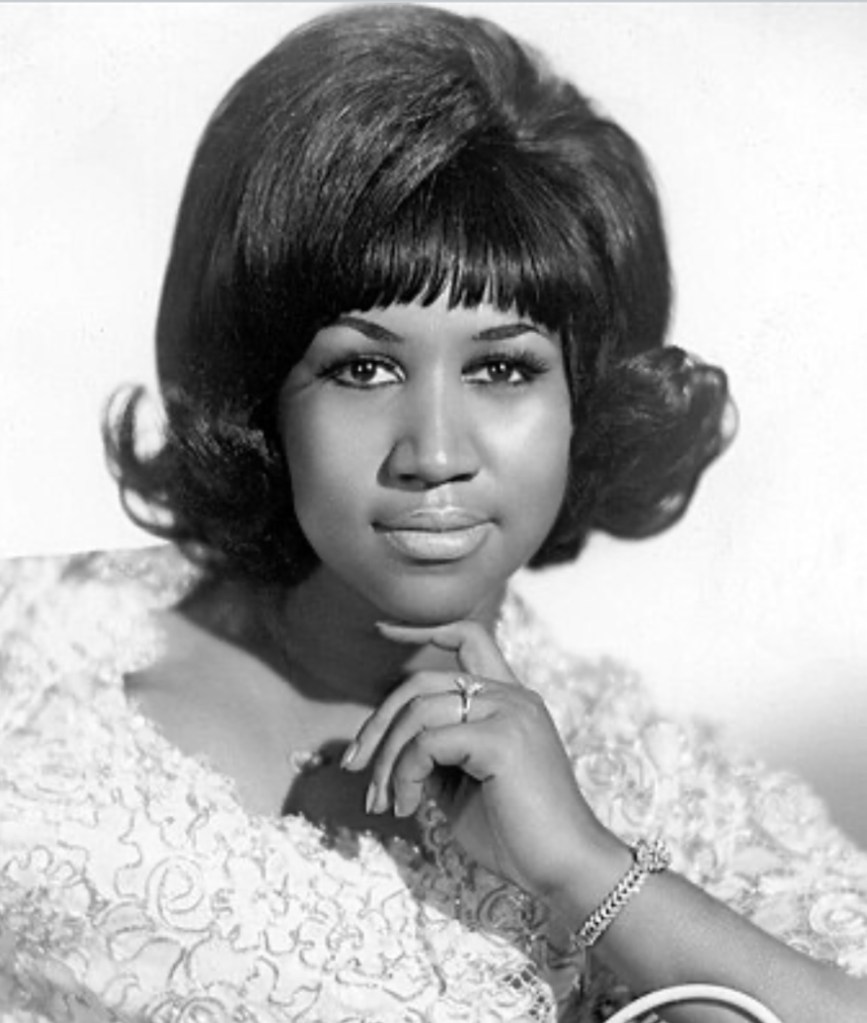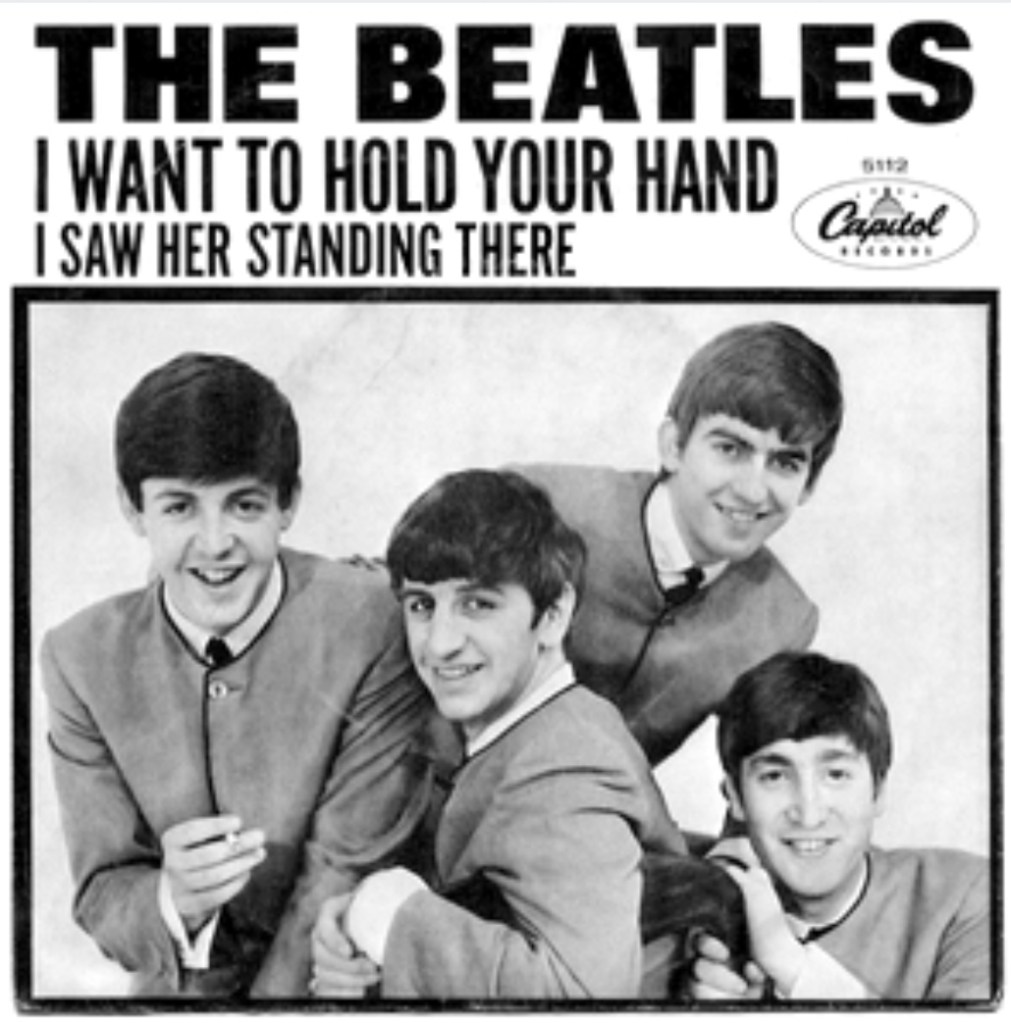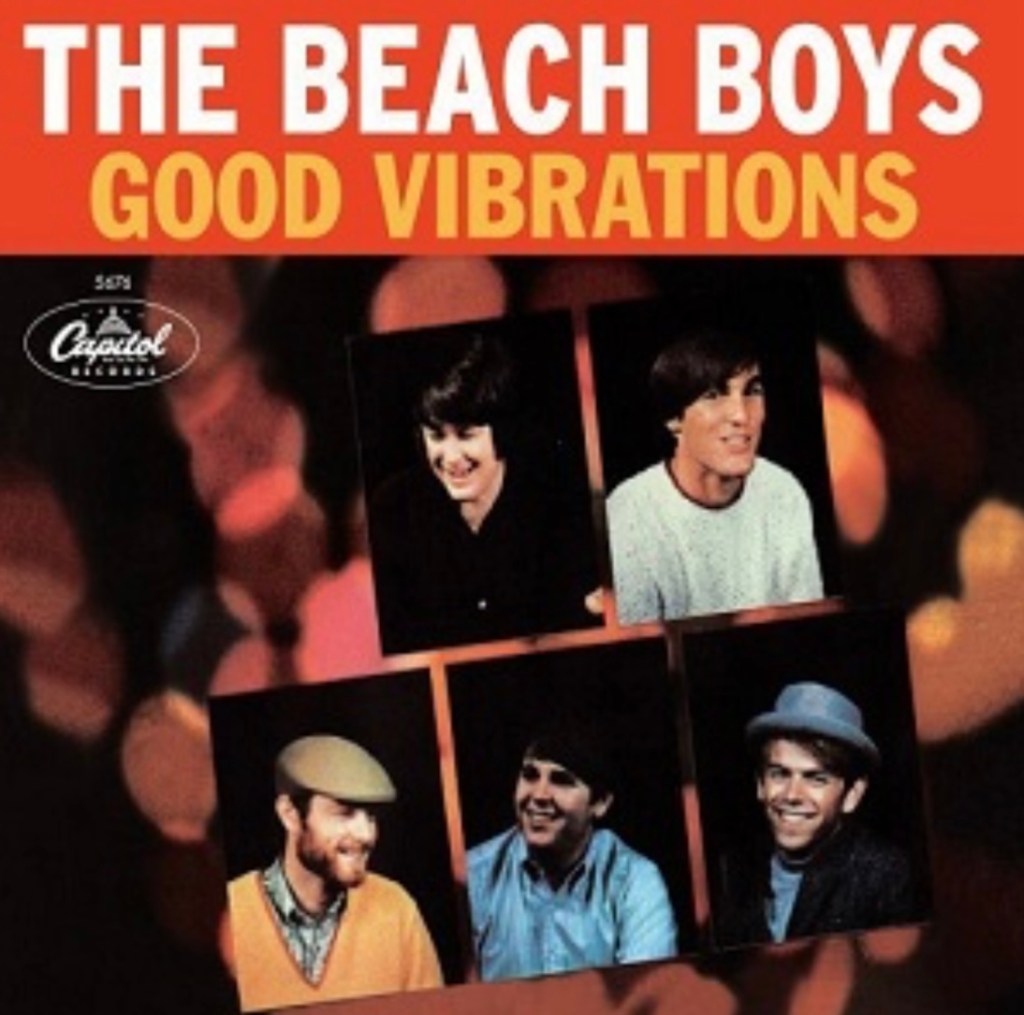When the qualifying process is complete, in sixteen days, on Mastodon we will start voting on our top twenty favourite records of the 1950s/1960s, placing them in order. Through 190 match-ups, we will create a unique chart, every song a classic.
Here is some background on one of the qualifiers, Son of a Preacher Man by Dusty Springfield.
Son of a Preacher Man was written by John Hurley and Ronnie Wilkins, and released by Dusty Springfield on 8 November 1968. Aretha Franklin also released a version of the song, in 1969.
Son of a Preacher Man was a top ten hit in Britain and America. However, the song achieved even greater success internationally with high chart positions in Austria, Australia, Malaysia, New Zealand, the Netherlands, and Switzerland. Furthermore, it topped the charts in Singapore and Iceland.
I Say a Little Prayer by Aretha Franklin
I Say a Little Prayer was written by Burt Bacharach and Hal David, and originally recorded by Dionne Warwick, in 1967. Hal David’s lyrics conveyed a woman’s concern for her man, who was serving in the Vietnam War.
In 1968, Aretha Franklin and her background vocalists were singing I Say a Little Prayer between rehearsals for her album, Aretha Now. It soon became apparent that they should record the song as a single.
In comparison to Dionne Warwick’s version, Clayton Ivey’s piano played a prominent role while the bridge was rearranged and Aretha Franklin transposed the original G major to A major.
Da Do Ron Ron by The Crystals
Da Doo Ron Ron was written by Jeff Barry, Ellie Greenwich (pictured) and Phil Spector, and released in 1963 by The Crystals with Dolores “LaLa” Brooks providing the lead vocals and Cher adding her voice to the backing vocals. Amongst many others, Jeff Barry and Ellie Greenwich also recorded the song, as The Raindrops.
Da Doo Ron Ron was written within two days in Phil Spector’s New York office. The lines Da Doo Ron Ron were just nonsense syllables, guide vocals. This is a technique many writers and songwriters use (I use it myself). The idea was that “sensible” lyrics would replace Da Doo Ron Ron. However, Spector liked the simplicity of the words and decided to keep them.
Bill in the lyric was inspired by Bill Walsh, a friend of Spector’s who happened to drop into Spector’s office while the three songwriters were writing the song.
I Want to Hold Your Hand by The Beatles
I Want to Hold Your Hand was written by John Lennon and Paul McCartney. The song was recorded on 17 October 1963 and released on 29 November 1963. It was the first Beatles record made using four-track recording equipment.
With advance orders exceeding one million copies in Britain, I Want to Hold Your Hand should have gone straight to number one, only there was a problem: The Beatles’ She Loves You occupied that position. After two weeks, I Want to Hold Your Hand dislodged She Loves You and remained at number one for five weeks.
In September 1980, John Lennon told Playboy magazine: “We wrote a lot of stuff together, one on one, eyeball to eyeball. Like in ‘I Want to Hold Your Hand,’ I remember when we got the chord that made the song. We were in Jane Asher’s house (McCartney’s girlfriend at the time), downstairs in the cellar playing on the piano at the same time. And we had, ‘Oh you-u-u/ got that something …’ And Paul hits this chord and I turn to him and say, ‘That’s it!’ I said, ‘Do that again!’ In those days, we really used to absolutely write like that – both playing into each other’s noses.”
Good Vibrations by The Beach Boys
Good Vibrations was written by Brian Wilson and Mike Love, and released as a single on 10 October 1966. At the time, it was said to be the most expensive single ever recorded.
From February to September 1966, Brian Wilson recorded a surplus of short, interchangeable musical fragments. Band publicist Derek Taylor called the recording a “pocket symphony”, while engineer Chuck Britz said that Wilson considered the song to be “his whole life performance in one track.”
Wilson said that Good Vibrations was inspired by his mother: “[She] used to tell me about vibrations. I didn’t really understand too much of what it meant when I was just a boy. It scared me, the word ‘vibrations.’ She told me about dogs that would bark at people and then not bark at others, that a dog would pick up vibrations from these people that you can’t see, but you can feel.”
My latest Golden Age of Hollywood article for the Seaside News appears on page 43 of the magazine
For Authors
#1 for value with 565,000 readers, The Fussy Librarian has helped my books to reach #1 on 36 occasions.
A special offer from my publisher and the Fussy Librarian. https://authors.thefussylibrarian.com/?ref=goylake
Don’t forget to use the code goylake20 to claim your discount 🙂







One reply on “Favourite Song of the 1950s/1960s #3”
Son of a Preacher Man is a big one for me I loved that song.
LikeLiked by 1 person